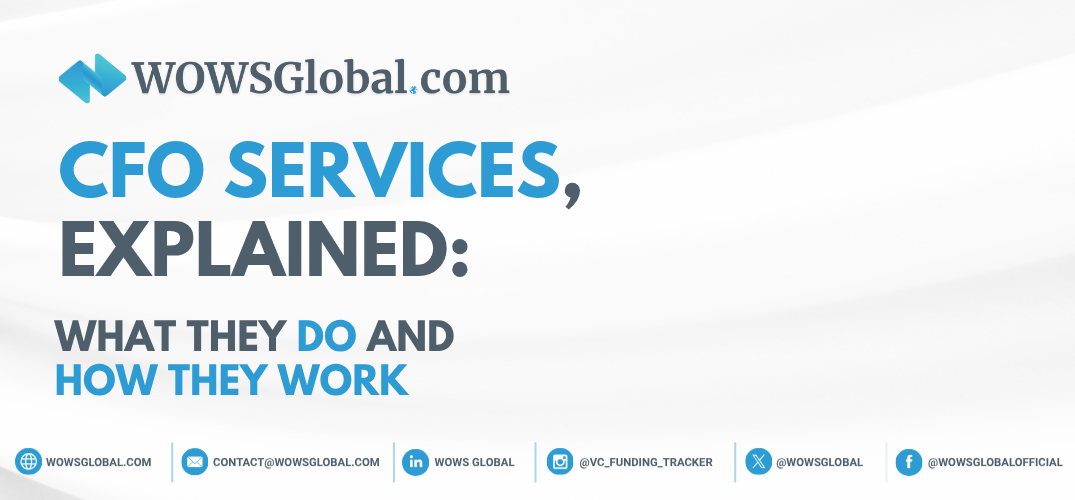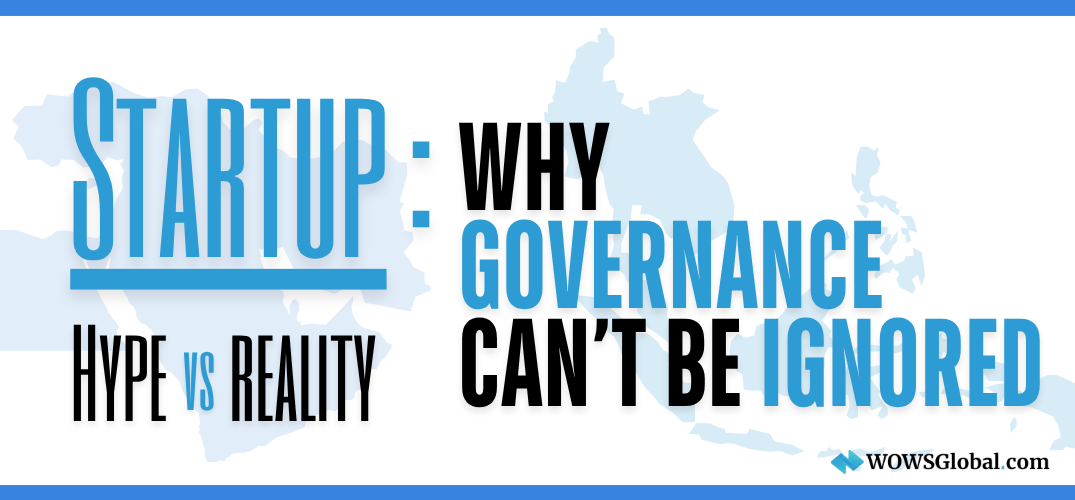The eFishery Fiasco: A Startup Dream Turned Accounting Nightmare
eFishery CFO due diligence 8 Minutes

When Indonesian aquaculture startup eFishery announced it had raised $200 million in a Series D round led by Abu Dhabi’s 42XFund, it was hailed as a major Southeast Asian success story. The company, known for revolutionizing fish farming through IoT feeding tech and fintech for fish farmers, was riding high on a $1.3 billion valuation. But in early 2024, the tides turned.
According to reporting from DealStreetAsia and Tech in Asia (Jan–Feb 2024), eFishery’s investors discovered significant financial irregularities, particularly around inventory and accounts receivable. What was initially flagged as a simple mismatch turned into a serious internal probe. At least Rp 100 billion (~USD 6.4 million) was allegedly unaccounted for, leading to the suspension of several employees and delayed financial reporting.
While the final outcome of the investigation is still pending, the damage is done. eFishery’s trust with investors—and potentially its IPO timeline—has taken a hit.
So, what happened?
Let’s unpack this, and more importantly, let’s talk about why fractional CFO services, like those provided by WOWSGlobal, are no longer a “nice-to-have” but a mission-critical function for scaling startups across Southeast Asia and the Middle East.
eFishery’s Red Flags: A Breakdown
eFishery had all the signs of a booming unicorn:
-
Impressive growth and social impact (helping over 70,000 fish farmers)
-
A suite of offerings including smart feeders, B2B fish trading, and embedded fintech
-
Strong investor backing (Sequoia, SoftBank, 42XFund, etc.)
But under the hood, a few things went sideways:
1. Lack of Real-Time Financial Controls
With operations expanding rapidly across regions and product lines, it appears eFishery lacked centralized oversight of cash flows, AR/AP cycles, and inventory.
Key Quote (Tech in Asia, Feb 2024):
“A former employee said financial reporting was often reactive, not strategic.”
2. Burn Rate Oversight
Reports suggest the company was burning cash aggressively—acquiring new users through subsidies and credit—without clear payback periods or unit economics validation.
3. Inadequate Finance Leadership
eFishery, like many startups, didn’t prioritize financial leadership early. A CFO wasn’t brought in until very late in their scaling journey. The internal finance team was likely under-resourced, overstretched, and lacking systems-level thinking.
Why This Isn’t Just an eFishery Problem
Across SEA and MENA, we’ve seen similar cautionary tales play out:
-
Zilingo’s governance crisis
-
Bykea’s delayed funding due to compliance issues
-
Souq’s exit drama pre-Amazon acquisition
What connects these stories? Founders building rocket ships without installing proper dashboards.
The Case for Fractional CFOs
At WOWS Global, we work with startups from Seed to Series C, and the one common issue we fix over and over is this:
“You can’t scale what you can’t measure.”
A Fractional CFO isn’t just a part-time accountant. It’s a strategic finance leader embedded in your startup, typically 1–2 days per week, doing the following:
1. Real-Time Financial Dashboards
Implementing tools to monitor burn, runway, margins, and CAC/LTV in real-time.
2. Investor-Grade Reporting
Preparing monthly and quarterly reports that match VC expectations and support future due diligence or IPO prep.
3. Scenario Planning & Cash Flow Modeling
Running multiple funding scenarios, planning for downturns, and answering the “What if our main buyer vanishes?” question before it becomes real.
4. Governance & Risk Management
Identifying financial blind spots early—be it procurement fraud, delayed collections, or unapproved expenses.
5. Board & Investor Communication
Translating startup chaos into investor-friendly language that builds trust and unlocks capital faster.
Real-World Use Case: From Chaos to Clarity
A fintech client in the Philippines (name withheld) came to WOWS after a $10M Series A. They had 12 months of runway but no idea where it was going. Within 60 days, our fractional CFO:
-
Cleaned up their books
-
Built a rolling 13-week cash forecast
-
Created a budget vs. actual tracking system
-
Saved them $400K/year in unnecessary expenses
By Month 3, they had investor-ready reports that helped them close a bridge round in 30 days.
Startups, Listen Up: Don’t Wait Until the Fire
The real tragedy of eFishery isn’t that something went wrong—it’s that it could have been avoided. The startup ecosystem in Southeast Asia is maturing. As more founders raise larger rounds, the expectation of financial rigor will only grow.
Fractional CFOs cost a fraction of a full-time hire, bring in battle-tested experience, and help startups avoid headline-grabbing blowups.
At WOWSGlobal, we don’t just help you fundraise—we help you build companies that last.
Key Takeaways for Founders:
- Financial controls must evolve with your startup.
- You don’t need a $200K/year CFO—fractional leadership works.
- Don’t wait for your Series D to clean up your books. Start now.
- Impress investors with clarity, not chaos.
Let’s Talk Numbers
Curious about what a fractional CFO could do for your startup? Book a free consult with WOWSGlobal’s finance team today.
We’ll audit your current setup and give you a no-BS roadmap to get investor-ready.
Related Posts
-

AI Finance Startup Finance CFO 3 minutes
Smart Finance, Winning Moves: How Fractional CFOs Use Tech and AI to Raise the Score
A quick, plain-English playbook on how fractional CFOs apply AI to sharpen forecasts, streamline reporting, and guide smarter decisions, so teams move faster and investors get clarity. Talk to WOWS Global to put it in motion. -

Early Startups Fundraising Due Diligence Data Room
2026 Fundraising: What Changed?
Fundraising in 2026 isn’t about moving faster—it’s about showing up prepared. Learn how to build an investor-ready system (modeling, governance, data room, and investor fit) so diligence doesn’t drag and your strongest conversations go the distance. -

CFO Fractional CFO Cashflow Startup Finance 3 Minutes
CFO Services, Explained: What They Do and How They Work
Numbers should drive choices, not confusion. This quick read breaks down CFO services in simple terms, cash, KPIs, forecasting, and investor-ready reporting, plus a clear next step to talk with WOWS. -

CFO Fractional CFO Southeast Asia SEA Cashflow 4 Minutes
Why You Should Not Hire a Fractional CFO
Fractional CFOs can transform a business, but only if founders are engaged, open to challenge, and aiming for scale. This piece breaks down when not to hire one, and outlines how to partner effectively when you do, from strategic involvement and driver-based models to cash discipline and investor-ready reporting. -

Startup governance eFishery financial oversight 5 Minutes
When Hype Meets Reality: The Vital Role of Governance in Startup Success
The recent collapse of AI darling 11x is a reminder that hype alone doesn’t build lasting businesses. As Zilingo and eFishery have shown before, poor governance can undo years of growth. In this blog, WOWS Global explores why internal controls, financial oversight, and transparent governance are essential for investor trust and sustainable startup success. -

Startups Due Diligence
A Checklist for Startups for Preparing for Due Diligence
As a startup founder, you've most likely put in countless hours building your company. When it comes time to seek outside funding or merge with another company, however, you must go through a due diligence process. Potential investors or partners will examine your company's financial and legal records to ensure that it is a good investment. Preparing for due diligence can be a difficult task, but with the right checklist, you can streamline the process and ensure your success. In this article, we'll go over the most important aspects of due diligence and provide a checklist for startups to use.
